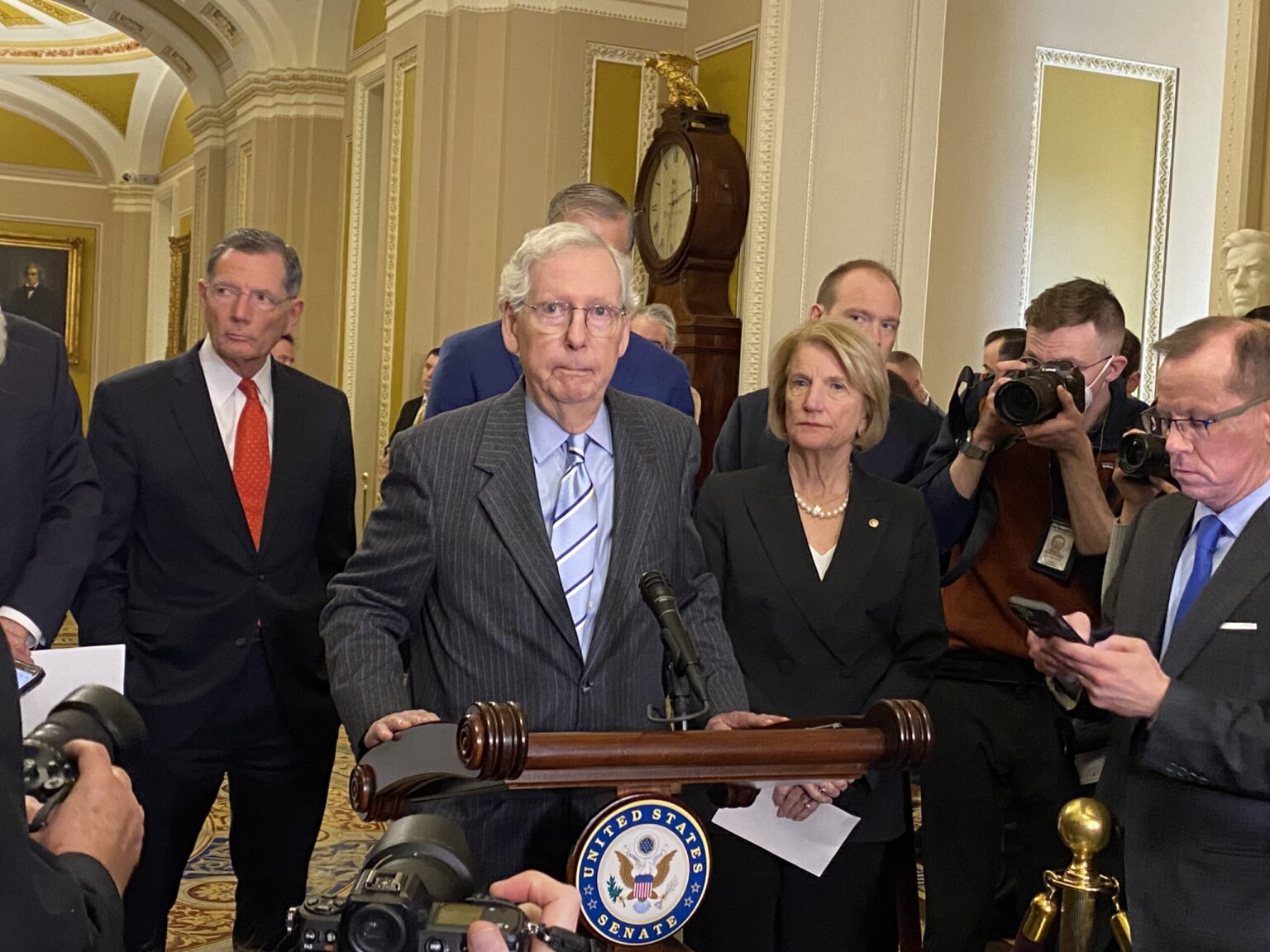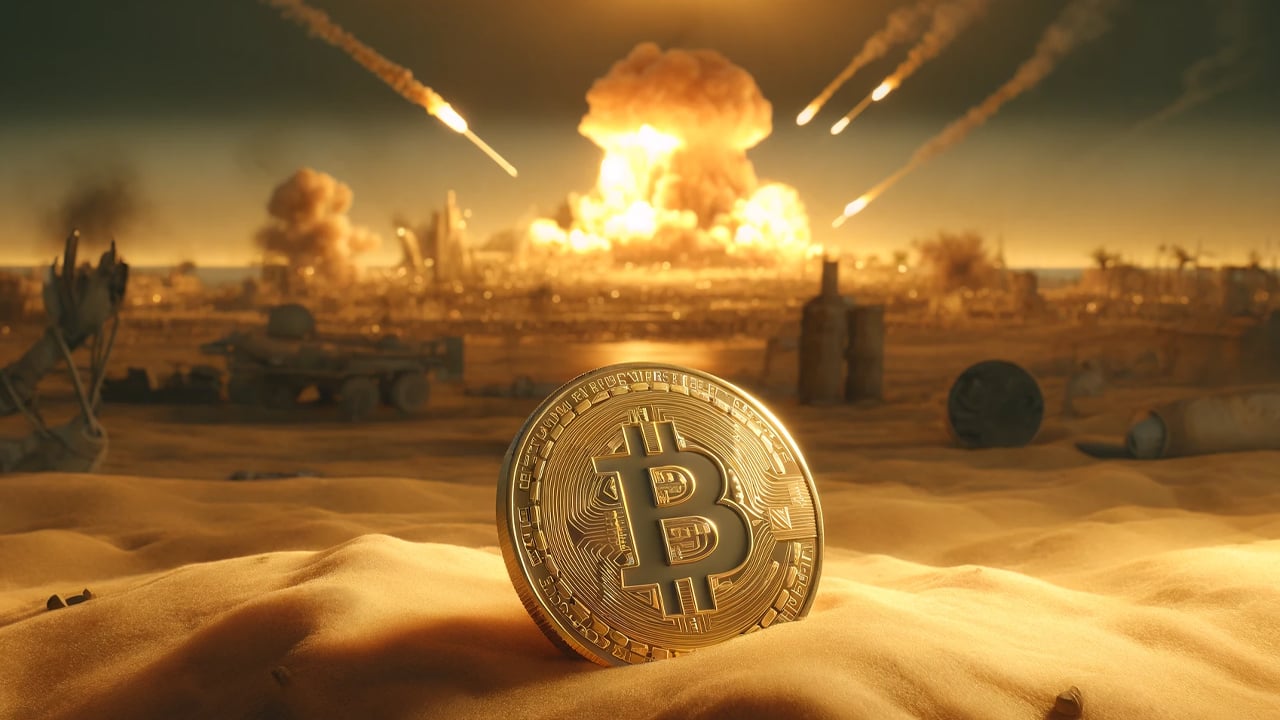Sen. Mitch McConnell (R-KY) is set to no longer be the leader of Senate Republicans when Donald Trump is sworn in as president next month. But, McConnell will remain in the Senate. McConnell signaled on Monday, via an editorial at Foreign Affairs, that he will be using his position in the legislative body to focus on supporting increasing both the United States government’s intervention oversees and the flow of money to the military-industrial complex.
Of all things, McConnell, in the second paragraph of his editorial, complained that President Joe Biden has pursued “engagement and accommodation” in foreign policy. This is the president who has been funding, and supplying weapons and intelligence to, Ukraine and Israel without halt for two wars with big tolls in destruction of life and property. Further, these are two wars with large and growing potential to spiral into world war and nuclear annihilation.
Where is Biden’s “engagement and accommodation” in regard to Russia? Biden refuses to even talk with the nation’s leader and persistently prevents peace negotiations for the Ukraine War. Meanwhile, tensions build with China due to US bellicose statements regarding, and actions in, the Asian economic and nuclear power’s neighborhood.
The rewards, meanwhile, have been bountiful for the military-industrial complex.
Yet, Biden’s intervention overseas and military funding are insufficient, proclaimed McConnell. McConnell wants more, and he will be pressuring Trump as president to deliver on that. For a taste of McConnell’s advice for Trump, consider this paragraph from McConnell’s editorial:
Trump would be wise to build his foreign policy on the enduring cornerstone of U.S. leadership: hard power. To reverse the neglect of military strength, his administration must commit to a significant and sustained increase in defense spending, generational investments in the defense industrial base, and urgent reforms to speed the United States’ development of new capabilities and to expand allies’ and partners’ access to them.
And McConnell calls for that military might to be ready for use to help allies and fight foes around the world. Indeed, McConnell’s greatest fear appear to be that Trump will let even some of the rest of the world be. Warned McConnell in his editorial, “the response to four years of weakness must not be four years of isolation.” Further commented McConnell, “Trump will hear from neo-isolationists who discount the importance of American allies to American prosperity, ignore the need for the United States’ credibility among fence sitters in critical regions, and misunderstand the basic requirements of the U.S. military to deter or win faraway conflicts.” Be assured, McConnell will from the Senate work to ensure that, contrary to such so-called neo-isolationist advice, the US will not give peace a chance.
Trump’s effort to run as the “peace candidate” may alone have made the difference in his winning the presidential election last month. While not portraying himself as a noninterventionist in regard to foreign policy, Trump did make many comments through the election that indicated he was much farther toward supporting peace than was Biden. The distinction was clear for all to see.
Trump then continued on this course on election night, making the following succinct comment in his acceptance speech: “I’m not gonna start a war; I’m gonna stop wars.” Talk like that to McConnell is like a crucifix to a vampire.
I am hopeful that Trump, as he has continued to suggest in the time between his election and inauguration, will pursue as president a foreign policy significantly less interventionist and militaristic than the one Biden has pursued. But, I am not sure that will be the case. It is not wise to take politicians’ promises to the bank.
More certain is my expectation the McConnell will follow through with his effort to ensure the US government is extreme in its interventions abroad and its feeding of the military-industrial complex. Doing just that has been a large part of McConnell’s career in the Senate over many years.





